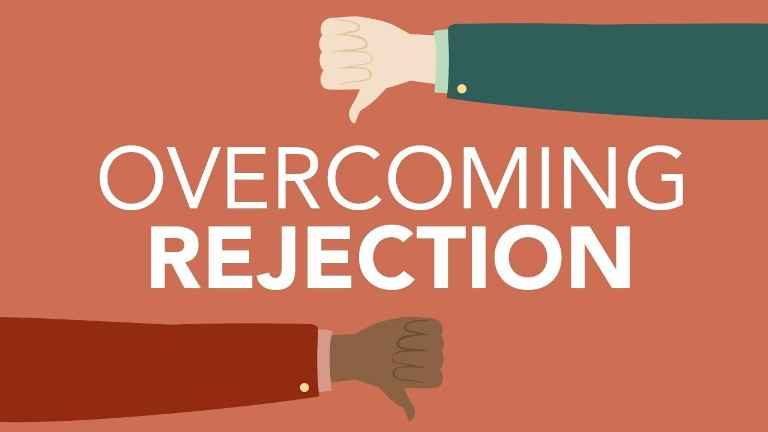Dealing with rejection is never easy. Professional rejections can have a bad impact on your mental health.
You should learn how to handle job rejections and use them to your advantage instead.
This guide by Attic will help you navigate rejection when it comes to working opportunities.
Table of Contents
Get thorough feedback
The best thing you can do after being rejected is to think about why you weren’t given the job. Always consider what happened to learn from it.
Asking the employer for feedback and listening to the answer carefully will help you understand how you can improve.
Introspection and self-awareness won’t be helpful without a response from the hiring manager. This is why it’s efficient to get feedback from the recruiter who interviewed you. In case you don’t receive detailed information regarding why you were unsuccessful, let the interviewer know.
It’s your right to know why you weren’t selected, as you put in a great deal of effort when applying for the position.
Reflect on the response
Revisit the feedback as well as what happened before, during, and after the interview process. It would be helpful to think about how you prepared for the interview, how you interacted with the recruiter, and whether you followed up in any way.
Maybe you had to do different things while applying for the role.
Many application processes involve tests before or after the interview. Consider whether you put enough effort into your assignment, whether it was a written test or a presentation.
Go through the research you conducted and the steps you took to put it all together. You might have missed the point by focusing on less important aspects of the assignment.

Come up with a strategy
Think about your feedback from both past rejections and previous appraisals and look for recurring themes. The most important thing is to sort out your priorities when it comes to personal development.
First, write down what you believe to be your weaknesses and what issues were brought up in the feedback you received. Then, turn problems into a work-in-progress plan, so you can perform better in the future.
You can turn to online classes and training to develop certain skills you currently lack.
Refine searches
While it can feel quite disappointing to be rejected, the experience could prove positive and useful overall, as it might make you realize the role you applied for simply wasn’t right for you.
Read the job description again to identify what attracted you in the first place and why you believed you were going to enjoy that particular position. Ask yourself what you see yourself doing in the future.
Consider your educational background, work expertise, soft and hard skills, and personal qualities to find the best match.
Think about your ambitions, aspirations, and ideals, as well. Remember that you should be looking for a role that you will like doing, as your enthusiasm for the position will show during the interview.
Attitude is a significant factor in the decision-making process for interviewers.

